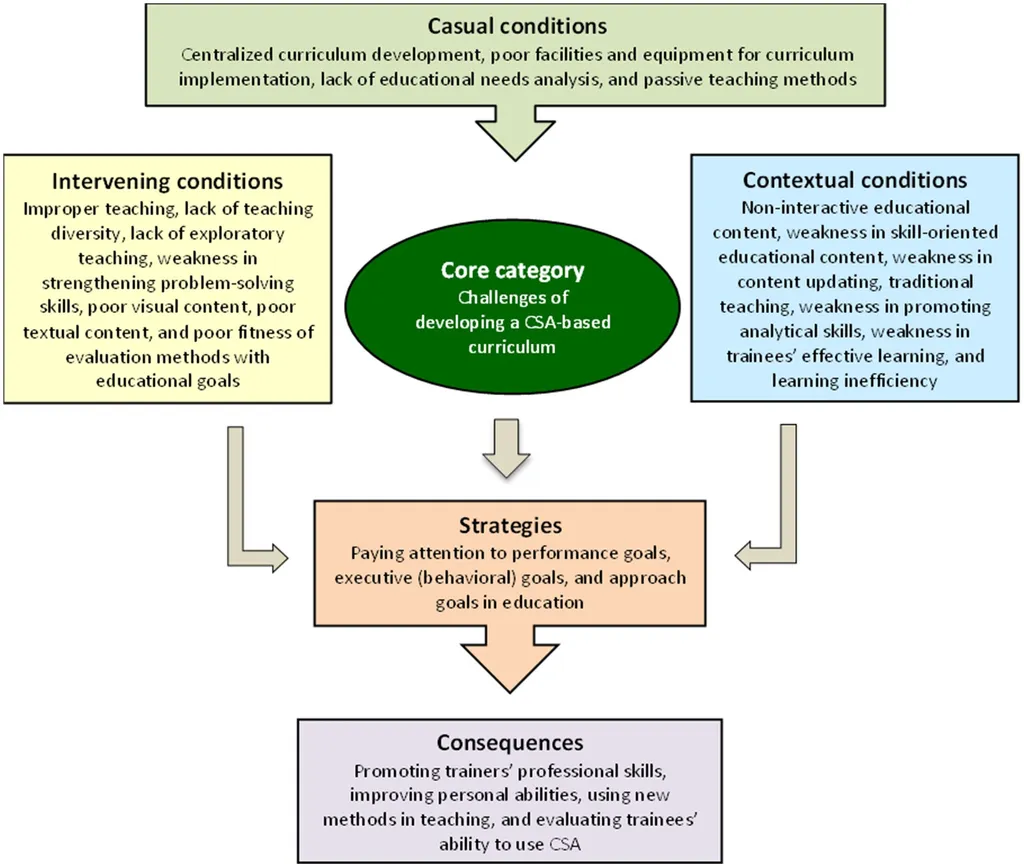In the heart of Iran’s Khuzestan Province, a critical study is unfolding that could reshape the way we approach climate change mitigation and adaptation in agriculture. Rice, a staple crop that feeds billions worldwide, is also a significant contributor to greenhouse gas emissions, particularly methane, due to traditional flooded irrigation practices. This dilemma is at the center of a recent study led by Moslem Savari from the Department of Agricultural Extension and Education at the Agricultural Sciences and Natural Resources University of Khuzestan, published in the journal *Scientific Reports* (translated to English as “Scientific Reports”).
Savari and his team delved into the psychological and social factors influencing Iranian rice farmers’ behaviors in response to climate change. The research utilized two theoretical frameworks: the Theory of Planned Behavior (TPB) and the Value-Belief-Norm (VBN) theory. These frameworks helped uncover the normative and psychological drivers that shape farmers’ decision-making processes.
The study, conducted in Shushtar County, employed a structured survey tool and analyzed the data through structural equation modeling (SEM). The results were revealing: TPB was found to be more effective in explaining adaptation intentions, while VBN provided greater insight into mitigation behaviors. The integrated TPB-VBN model accounted for 64.2% of the variance in adaptation intentions and 67.6% in mitigation intentions.
“This study highlights the importance of understanding the psychological and social factors that influence farmers’ behaviors,” Savari explained. “By identifying these drivers, we can develop more targeted and effective policies to promote climate-smart agricultural practices.”
The implications of this research extend beyond the fields of Khuzestan. As the world grapples with the urgent need to reduce greenhouse gas emissions, the findings offer valuable insights for policymakers and agricultural practitioners alike. The study underscores the need for tailored interventions that consider both the psychological and normative aspects of behavior change.
For the energy sector, this research could be a game-changer. As the world transitions to cleaner energy sources, the agricultural sector must also adapt to reduce its carbon footprint. The study’s findings could inform the development of policies and programs that incentivize farmers to adopt climate-smart practices, ultimately contributing to the broader goal of mitigating climate change.
Moreover, the research could shape future developments in the field of agricultural extension and education. By understanding the factors that influence farmers’ behaviors, educators and extension agents can design more effective training programs and outreach efforts. This, in turn, could accelerate the adoption of sustainable practices and improve the resilience of agricultural systems to climate change.
As Savari noted, “This research is just the beginning. There is still much to learn about the complex factors that influence farmers’ behaviors. But by continuing to explore these issues, we can make significant strides towards a more sustainable and resilient agricultural future.”
In the quest for sustainable agriculture and climate change mitigation, this study serves as a beacon of hope and a call to action. By understanding and addressing the psychological and social factors that influence farmers’ behaviors, we can pave the way for a more sustainable and resilient future.

